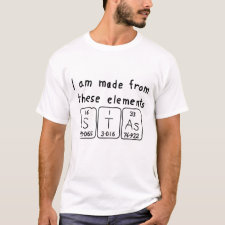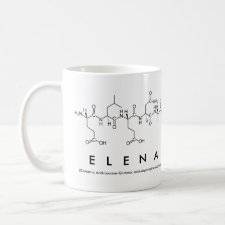
Authors: Piletska EV, Mirkes E, Piletsky SS, Abosoglu H, Cassim A, Chu E, Doughty S, Eganda SJ, Fuchigami H, Hussein A, Olickal M, Parmar N, Sebastian A, Piletsky SA
Article Title: Combinatorial screening of polymer nanoparticles for their ability to recognize epitopes of AAV-neutralizing antibodies.
Publication date: 2020
Journal: Journal of Molecular Recognition
Volume: 33
Issue: (4)
Article Number: e2824.
DOI: 10.1002/jmr.2824
Abstract: A library of 17 nanoparticles made of acrylate and methacrylate copolymers is prepared, characterized, and screened against six epitopes of adeno-associated viruses (AAV)-neutralizing antibodies to assess their affinity and specificity. Peptide epitopes are immobilized onto the surface of glass beads, packed in filtration microplates, and incubated with fluorescein-labelled nanoparticles. Following intense washing, the affinity of nanoparticles to immobilized epitopes is assessed by measuring the fluorescence of captured nanoparticles. The results show that polar monomers, acrylic acid in particular, have a positive impact on polymer affinity towards all peptides used in this study. The presence of hydrophobic monomers, on other hand, has a negative impact on polymer binding. The composition of peptides used in this study has no noticeable impact on the affinity of synthesized nanoparticles. The affinity of nanoparticles with the highest affinity to peptide targets does not exceed millimolar level. Overall, it is found that the synthesized library showed modest affinity but lacked specificity, which should be further "tuned," for example, by using molecular imprinting to achieve an acceptable level of affinity and specificity for practical application
Template and target information: protein, peptide, epitope, adeno-associated viruses (AAV)-neutralizing antibodies
Author keywords: affinity, antibodies, epitopes, molecular imprinting, nanoparticles



Join the Society for Molecular Imprinting

New items RSS feed
Sign-up for e-mail updates:
Choose between receiving an occasional newsletter or more frequent e-mail alerts.
Click here to go to the sign-up page.
Is your name elemental or peptidic? Enter your name and find out by clicking either of the buttons below!
Other products you may like:
 MIPdatabase
MIPdatabase









